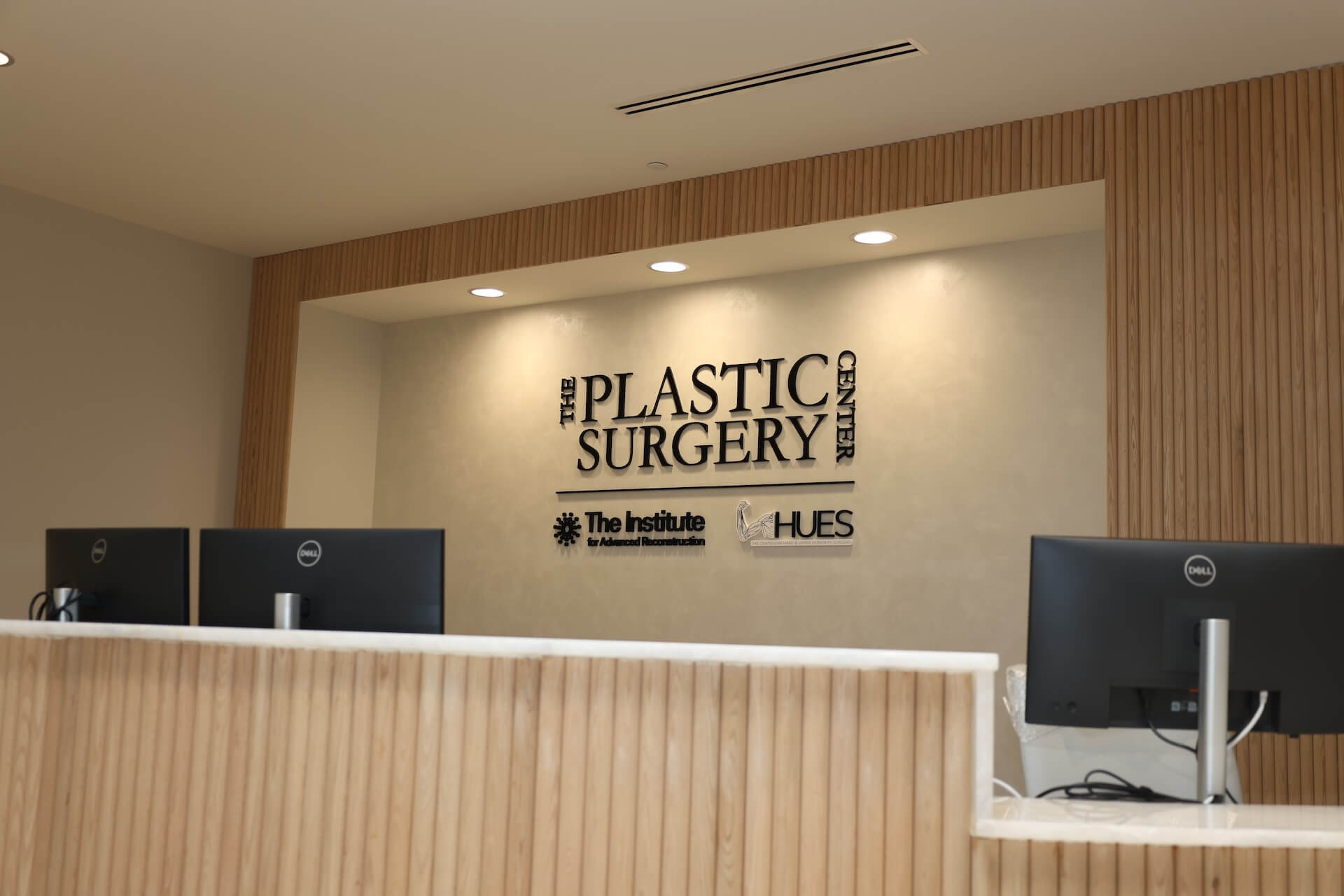Managing Nerve Injuries: From Diagnosis to Recovery
Nerves are the information superhighway of the human body – directing voluntary and involuntary movement and instantaneously communicating sensory information– like temperature, pressure, and pain. Because of their essential role, nerve damage from injury or disease can significantly interfere with quality of life and the ability to perform everyday tasks.
Understanding what causes nerve damage, how it's diagnosed, and your options for nerve injury treatment is the first step toward restoring function and improving quality of life—let’s walk through what you can expect, step by step.
Is Nerve Injury Preventable?
While not all cases can be avoided, many forms of nerve damage are preventable.
“Major nerve trauma is often the result of a sudden accident,” says Dr. Mark Yazid, a double-board certified plastic surgeon with a special focus on the upper extremity, “but it can also develop from poorly treated chronic diseases, like type 2 diabetes, occupational hazards such as exposure to toxins, repetitive movements from hobbies and sports, and a host of other lifestyle factors.”
In other words, while not every injury is avoidable, small, consistent habits can make a big difference in protecting long-term nerve health. By staying on top of chronic conditions, making thoughtful lifestyle choices, and using proper safety precautions, many people can reduce their risk of nerve damage.
Symptoms & Diagnosis of Nerve Injuries
Nerves play a singular role, so when they’re damaged, there are some telltale signs. In the upper extremities, these may include:
- Chronic pain in hands
- Decreased muscle tone
- Loss of function
- Tingling and numbness (also called ‘paresthesia’)
- Wrist drop, or the inability to extend the wrist and hand
Seeing a specialist is essential to accurately identify the source of the problem and prevent further damage.
“Even common nerve injuries, like carpal tunnel syndrome, can progress to significant pain, lost function, and, ultimately, irreversible damage,” says Dr. Yazid, “even if symptoms don’t interfere with your daily life, it’s important to seek treatment before they do.”
Diagnosing nerve damage typically involves a detailed physical exam, imaging, and specialized testing such as nerve conduction studies (NCS) or electromyography(EMG) to evaluate a nerve's ability to transmit information.
How to Treat Nerve Injuries
Your doctor will assess various factors, including the severity of your nerve injury, the impact of your symptoms on daily life, and the location and function of the affected nerve, to determine the most suitable treatment plan.
In most cases, mild or less disruptive nerve injuries can be managed with non-surgical treatments. However, persistent or more severe injuries affecting function may require a more proactive surgical approach.
Non-Surgical Treatments
Non-surgical options like medication and/or physical and occupational therapy are usually the first-line treatments for mild nerve injuries.
Most medications treat damaged nerves by reducing pain and inflammation around the injury, while physical therapy helps rebuild the range of motion and strengthen muscles, tendons, and other soft tissues near the nerve. If discomfort and limitations impact daily life, occupational therapy utilizes braces, splints, targeted exercise, and adaptive techniques to minimize pain and improve function. Acupuncture or electrical stimulation (TENS) may also be recommended to help relieve symptoms.
Surgical Treatments
For patients experiencing profound limitations from significant nerve injury, surgery can be the most direct way to resolve symptoms and repair nerve damage at the source. At the Center for Hand and Upper Extremity Surgery (HUES), some of the most common surgical approaches for reconstructing or repairing damaged nerves include:
- Joint Denervation relieves joint pain by removing or destroying pain-causing nerves without impacting the function of the affected area.
- Nerve Decompression relieves physical pressure on nerves caused by surrounding bones, muscles, or tendons. Nerve compression is the primary approach for treating carpal tunnel syndrome, one of the most common nerve injuries.
- Nerve Graft is when surgeons use human nerve tissue (from the patient or a donor) to repair damaged or severed nerves.
- Nerve Transfers bypass damaged nerves by rerouting a nearby healthy nerve, maintaining muscle function, and restoring movement to the affected area.
- Revision surgery: In rare cases, patients may experience a “failed” surgery, and their symptoms remain unresolved. Revision surgery aims to improve upon or fix the initial procedure's results.
- Targeted Muscle Reinnervation (TMR) is an advanced procedure for cases of significant injury, including amputation. TMR maintains muscle function and resolves pain and/or altered sensation caused by missing or damaged nerves.
Rehabilitation and Recovery
Many procedures at HUES are performed in an outpatient setting without general anesthesia, allowing patients to start rehabilitation almost immediately. Generally, recovery timeframes depend on the severity of the injury and the necessary treatment.
Immediately following your procedure, your surgeon may recommend non-surgical treatments like rest, ice, compression, and elevation (RICE) and medication to treat pain and inflammation. Physical and occupational therapy may also be part of your recovery process.
Finally, no treatment plan is complete without patient commitment. The most important step you can take to support your rehabilitation is to attend all follow-up appointments with your surgeon, communicate your concerns during the healing process, and adhere diligently to your recovery plan.
Relief Starts with the Right Care
Living with nerve pain or loss of function can be overwhelming—but it doesn’t have to be permanent. Our team specializes in advanced diagnostics and surgical treatments that help patients get back to doing what they love. Whether you’re dealing with tingling, numbness, weakness, or chronic discomfort, early intervention can make all the difference.
Don’t wait—request a consultation to take the first step toward relief.









